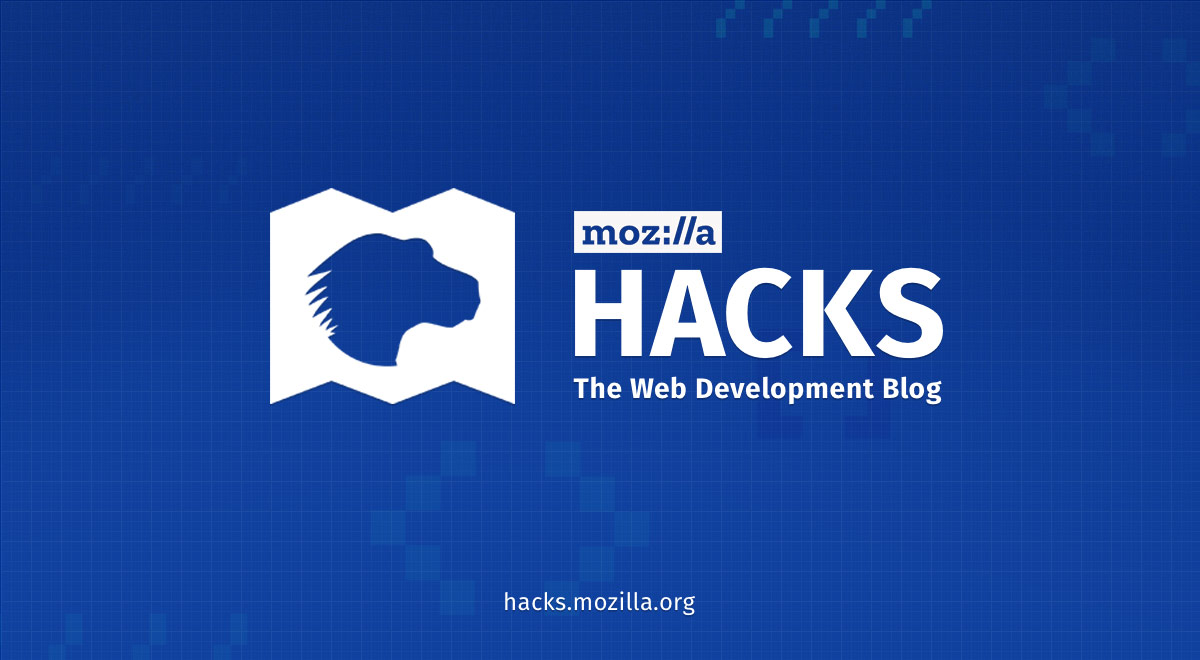Originally posted by Marc Driftmeyer
View Post
Originally posted by Rogue
View Post



Comment